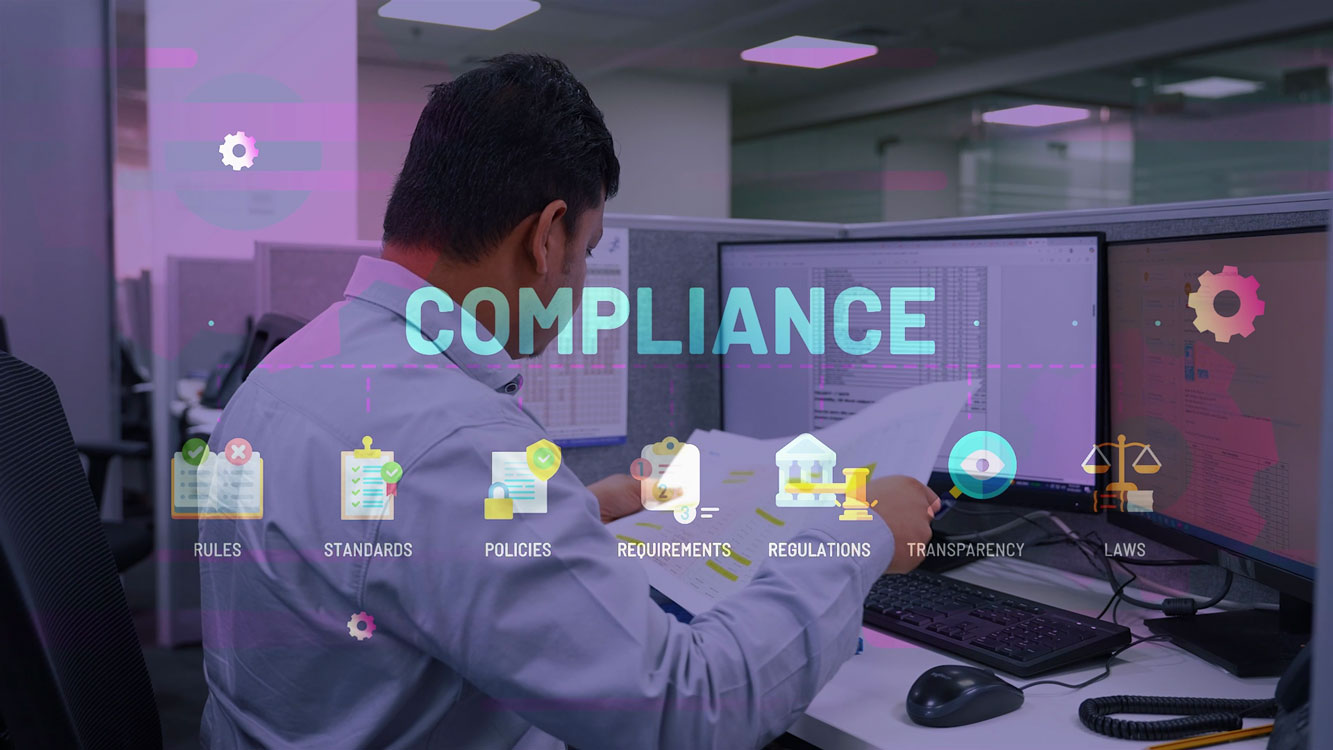Professions at Risk: How AI is Changing the Job Market Right Now
Artificial Intelligence (AI) is rapidly transforming industries across the globe, revolutionizing the way we work and live. While AI brings innovation and efficiency, it also raises concerns about job displacement. Some professions are already feeling the impact as AI takes over tasks once performed exclusively by humans. In this article, we’ll explore which professions are most at risk due to AI advancements and what this means for the future workforce.

AI Advancements and Their Impact on Various Fields
Customer Service and Telephone Helplines
Chatbots and virtual assistants powered by AI are getting more advanced these days as they handle customer queries round the clock with minimal mistakes. They are capable of managing large amounts of information and providing faster responses compared to human representatives.
- Tasks that are in danger include inquiries with answers available online and common issues that troubleshooting guides can resolve effectively.
- That's because AI tools such as Chatbot and NLP systems are quite good at mimicking conversations.
- In the years ahead, humans will continue to play a role in handling emotionally challenging interactions; however, their responsibilities might evolve to overseeing AI systems instead.
Repetitive and Rule-Based Tasks
Tasks that involve repetition and following rules, like entering data or generating invoices, can be automated easily using AI technology.
- Tasks that could be in jeopardy include duplicating information manually, organizing documents systematically, and coordinating timetables efficiently.
- That's because AI tools such as process automation (or RPA for short) are great at carrying out tasks accurately without any mistakes.
- Looking ahead, individuals in this field need to adjust by honing their analytical abilities.
Retail and E-Commerce
Self-service kiosks and online shopping systems powered by AI are diminishing the demand for cashiers and employees working at retail stores.
- Tasks in jeopardy include handling payments, checking inventory levels, and providing customer support.
- That's because AI algorithms have the ability to anticipate customer preferences efficiently and provide automated recommendations while also effectively handling real-time inventory management tasks.
- In the years to come, roles in the conventional retail sector might dwindle gradually; however, AI-enhanced customer interactions and online commerce are poised for expansion and prosperity.
Content Creation
AI has advanced to the point where it can produce articles, blogs, and creative content with precision and efficiency.
- Concerns about risks include the creation of news pieces as well as descriptions of products and promotional content.
- The reason is that AI tools such as Jasper and ChatGPT can create content quickly and efficiently on a scale that is cost-effective for businesses.
- In the coming years, writers will center their attention on producing inquisitive and opinion-based articles that demand a touch of emotion and distinctive perspectives.
Manufacturing and Warehousing
The field of robotics and AI is reshaping the way assembly lines and warehouses operate by taking over tasks that are repetitive and physically strenuous, reducing the need for manual labor.
- Concerns include the jeopardy of tasks such as putting together items, wrapping them up neatly for shipment, organizing goods, and overseeing inventory levels.
- That's because AI-powered robots are better at getting things done efficiently and safely while also being more cost-effective.
- In the coming years, we anticipate a change in job responsibilities for humans, towards managing robot upkeep and programming while also supervising their tasks.
Financial Bookkeeping
Nowadays, AI systems have the capability to process large amounts of data efficiently and accurately, pinpoint patterns, and generate financial summaries.
- Tasks that might face challenges include accounting tasks such as bookkeeping and auditing duties along with analyzing data.
- That's because AI tools such as QuickBooks and machine learning algorithms can handle information with speed and precision compared to humans.
- In the coming days, those in the finance industry will need to emphasize decision-making and advisory responsibilities that call for insight and expertise.
Transportation and Logistics
The popularity of autonomous cars and aerial drones is increasing rapidly, potentially endangering the jobs of traditional drivers and courier workers.
- There is a problem with truck driving jobs as well as taxi services and last-mile delivery tasks.
- Because autonomous vehicles and drones are highly efficient, they can operate around the clock without getting tired.
- In the future, occupations could potentially evolve to focus on overseeing vehicle fleets, ensuring safety measures are in place, and upkeeping transportation systems powered by AI technology.
Medical Diagnostics
The utilization of intelligence in the field of healthcare is on the rise for tasks such as diagnostics, interpretation of imaging results, and suggesting treatment options.
- Tasks that are in jeopardy include examining X-rays and CT scans as well as reviewing pathology reports.
- AI, like IBM Watson Health, for instance, has the ability to identify patterns in information faster and more accurately than humans can, which is why it's so effective.
- In the coming years, physicians and radiologists will continue to hold responsibilities in patient care and decision-making processes; however, their reliance on artificial intelligence as a valuable tool will increase significantly.
How Professionals Can Stay Relevant
Embrace the changing landscape by adapting and upskilling yourself to work with AI. Honed skills in managing AI processes and data analysis are now more essential than ever, alongside emotional intelligence gaining prominence in the professional realm.
- Emphasize creativity, as artificial intelligence struggles with grasping abstract concepts and emotions, which makes roles requiring these qualities less likely to be automated.
- Utilize AI as a resource rather than fearing it; harness its capabilities to boost your efficiency and remain competitive in your industry.
In Summary
In a world influenced by AI advancements, changes in fields of work are occurring constantly. Individuals who embrace these transformations have a chance to explore prospects for growth and development by combining their distinctive human abilities with technological innovations.
Get ahead of the game by staying proactive and being open to change to prepare for the workforce—because the increasing impact of AI goes beyond replacing jobs; it's about evolving and expanding opportunities for growth.
What's Your Reaction?






















